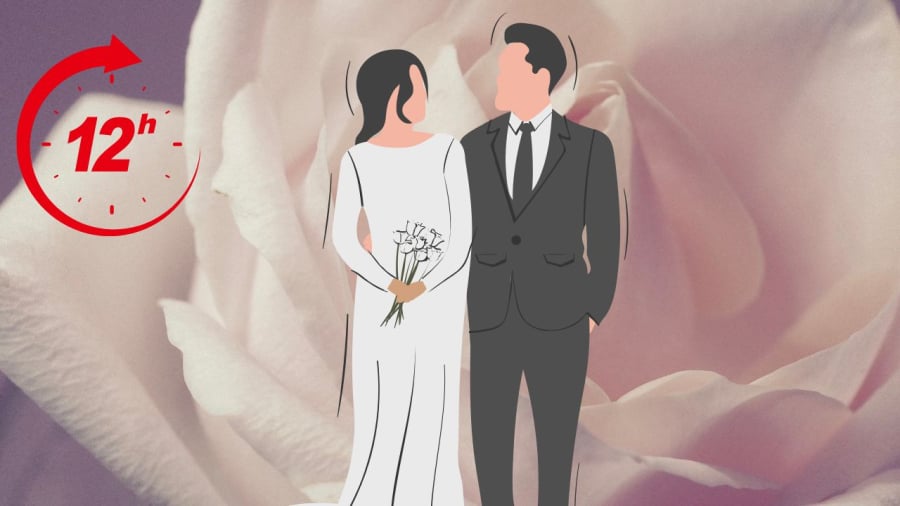Marriage is one of life’s most significant milestones. A wedding marks the beginning of a new chapter, and the post-nuptial life is of utmost importance. Superstitions and traditions surrounding the wedding day are prevalent, especially in the East, with a strong belief that the wedding day sets the tone for the couple’s future together.

Superstitions Surround the Timing of Weddings
The timing of the wedding ceremony holds immense significance in many cultures. It is considered imperative to arrive at the bride’s house at the appointed hour, with any deviation from this timing frowned upon. If the groom’s party arrives too early, they must wait until the designated time to enter, and arriving late is considered a grave offense, sometimes even leading to the bride’s family calling off the wedding. This punctuality ensures that the ceremony can commence promptly and conclude before noon, as it is believed that continuing the wedding into the afternoon brings bad luck.
While there are no concrete records explaining the origin of this superstition, it has been passed down through generations and is widely observed. The noon deadline may be attributed to the belief that the hour marks the time when the spirits are at their most active, and conducting the wedding ceremony during this time could invite misfortune.
Additionally, a wedding is a tiring affair, and continuing the festivities into the afternoon could exhaust the newlyweds. Superstitions also warn against any disruptions to the flow of the wedding, such as dropping the wedding rings, as it may foreshadow a bumpy road ahead for the couple.
To this day, many families adhere to these beliefs, opting for early morning weddings to ensure a timely conclusion before noon or postponing the ceremony until the afternoon. It is also considered inauspicious for an expectant mother to attend the wedding, among other taboos, all in the hopes of ensuring a harmonious and blessed union for the newlyweds.
*Disclaimer: This content is based on cultural beliefs and practices and should not be taken as factual information.





































